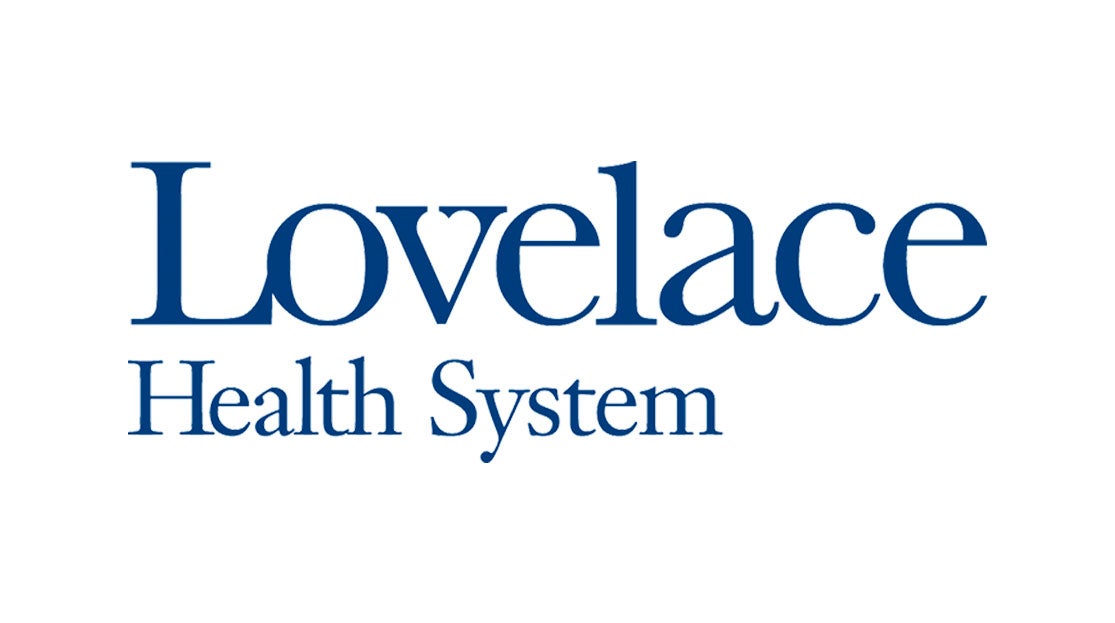
Saint James Palace announced Monday that Prince William and Kate Middleton, the Duke and Duchess of Cambridge, are expecting their first child. With worldwide attention on the royal couple, news of the pregnancy quickly spread. In addition to the announcement, the Palace released a statement that said the duchess was admitted to a London hospital with severe morning sickness, known as hyperemesis gravidarum.
 While the public has a general awareness of morning sickness, less is known of the duchess’s diagnosis. We asked Kym Halliday Clear, Supervisor of Care Management and Labor of Love, to explain what this is and why it would be necessary for the duchess to be hospitalized.
While the public has a general awareness of morning sickness, less is known of the duchess’s diagnosis. We asked Kym Halliday Clear, Supervisor of Care Management and Labor of Love, to explain what this is and why it would be necessary for the duchess to be hospitalized.
“Nausea and vomiting in pregnancy, or morning sickness, is a common response to the hormonal changes of pregnancy and occurs in about 85 percent of all pregnant women,” says Halliday. “Hyperemesis gravidarum (HG) is much less common and more serious, occurring in less than 2 percent of all pregnancies. Untreated HG can cause harm to both mother and unborn child. As a result of the excessive nausea and vomiting, women with HG experience weight loss, malnutrition, electrolyte changes and dehydration that require medical treatment. Treatment is prescribed by the expectant mother’s obstetrician or nurse midwife and may include dietary changes, infusion of intravenous fluids, use of anti-nausea medications and counseling. Most patients are managed at home with less than 1 percent needing a short hospital stay. In most patients, the worst of HG symptoms peak about 8-12 weeks of pregnancy and usually resolve by the 20th week of pregnancy. Women with HG not only need medical support for their condition, but also need emotional and social support for this debilitating condition. Most mothers with HG during pregnancy who receive proper medical treatment go on to deliver healthy babies.”




